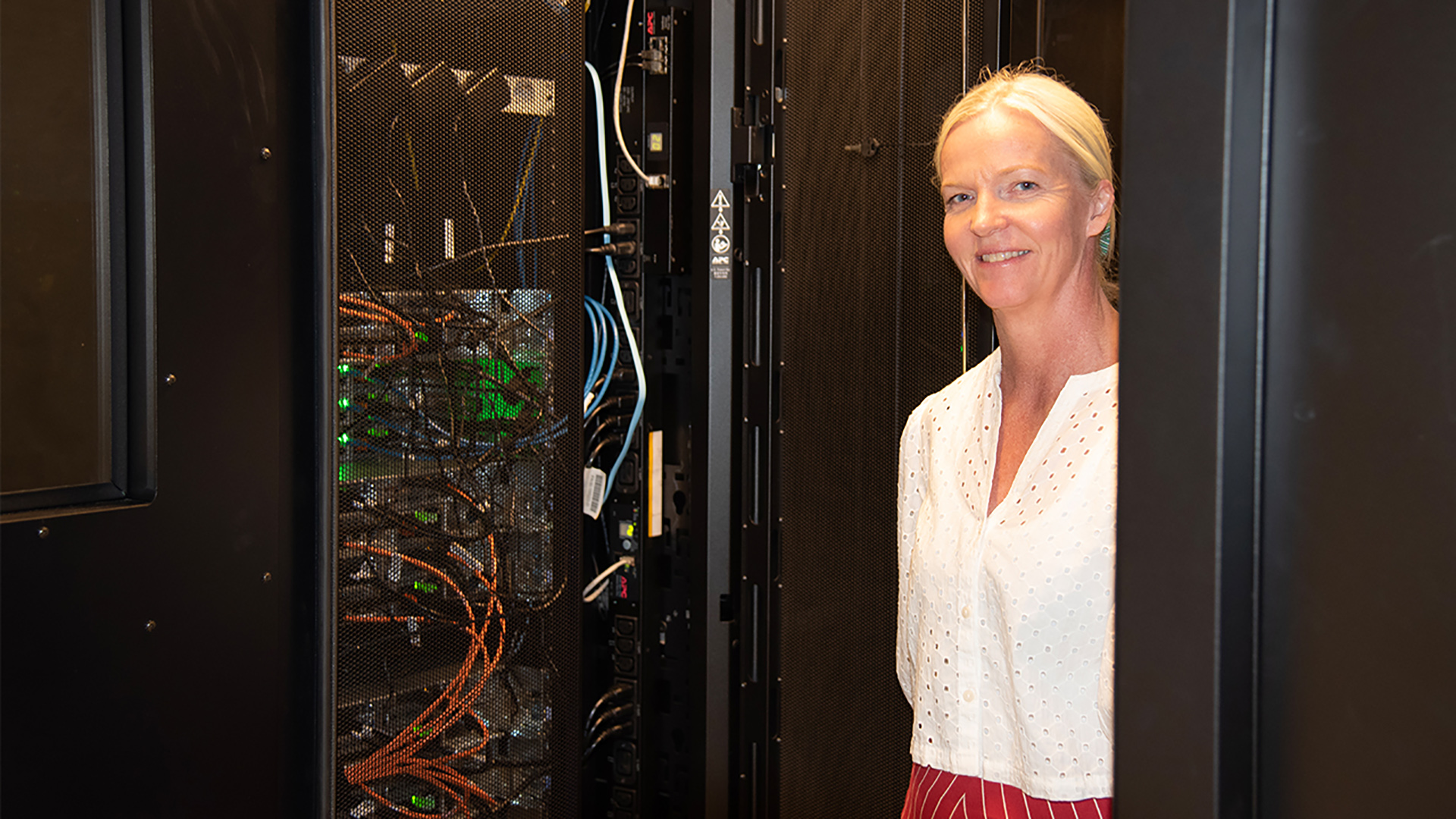30,000 data sets are now publicly accessible

Elin Aabø is the acting project manager for Diskos.
6/19/2023 This is the first time the NPD has made such large volumes of data available to the public all at once.
"With the last reports, we've made almost 30,000 data sets publicly accessible. We've never released this much data at once. It's been a gigantic transparency process," says Elin Aabø. She is the acting project manager for Diskos.
"This means that the companies will have access to a lot more data, which in turn will contribute to increased value creation on the Norwegian shelf."
The effort to make the datasets publicly accessible has taken place in stages over the past year. The last batch, which was released now in June, consists of 16,000 reports. This is in addition to the large amounts of data files and plots that were released last year.
Confidentiality period reduced from 20 to 2 years
The work started when the Ministry of Petroleum and Energy tasked the NPD with clarifying the term “interpreted data”. Interpreted data had a confidentiality period of 20 years, while other types of data were only confidential for as little as 2 years. This means that, if the data was defined as interpreted, it would take much longer for them to be made accessible to the public, and thus used by other stakeholders.
"Many in the industry used to believe that subjective decisions and their own brainwork could be defined as interpreted data. This led to a very expansive definition of what was considered to be interpreted data – and therefore confidential for 20 years," Aabø says.
The first stage of the work was therefore to clarify the term "interpreted data". Following significant efforts, involvement and input from the industry, this resulted in entirely new guidelines, which were published just over one year ago.
"Quite a bit of data that was previously subject to confidentiality for 20 years was then re-categorised and released after two years."
The reporting of new data was classified according to the new guidelines as of 25 April of last year. As regards already reported data, some work still remained before they could be published.
Extensive efforts made
"We started the work to re-categorise already reported data last year. We divided the datasets into two batches, and the first consisted of pure data files and plots. Data files are typically measurements made in a well. Plots are actually visual representations of measurements," Aabø says.
The second batch, reports, has been a bit more challenging. Some of them could also contain trade secrets, which according to the regulations are subject to a confidentiality period of 20 years.
"This was never an issue before, since interpreted data was confidential for 20 years regardless. With the changes we were making, we also had to identify issues surrounding trade secrets," Aabø says.
What is defined as a trade secret is established in the guidelines.
The work yields better resource management
Under the old rules, interpreted data was not released immediately for relinquished areas and surrendered production licences.
"It's simply poor resource management for interpreted data in relinquished areas and surrendered production licences to remain confidential for 20 years. We want the companies to have access to the data so they can consider whether to re-open these licences," Aabø says.
Furthermore:
"With the new rules, the NPD can release interpreted data one year after the companies surrender the permit or relinquish the area. The NPD will also be working to release interpreted data from areas that were relinquished and surrendered before 2023. We're talking about an additional 5000 data sets that will be released."
The period of confidentiality for interpreted data was also shortened from 20 to 5 years as of 1 January this year. The NPD believes that a shorter period of confidentiality will stimulate more efficient exploration activity, ensure a more diverse range of players and contribute to the development and digitalisation of data.
Read more about the change in the period of confidentiality.
The data is stored in Diskos, which is the national data repository for exploration and production-related information from the Norwegian shelf. All seismic, well and production data reported to the NPD is uploaded to Diskos.
Director Communication, public affairs and emergency response
Updated: 6/19/2023